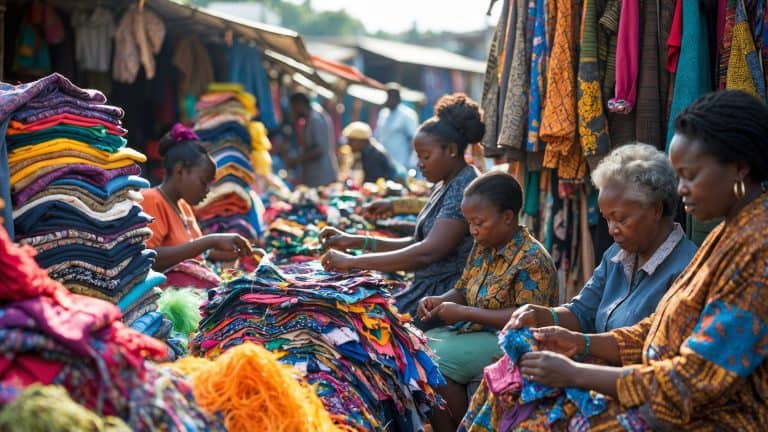This is a premium article written by one of our experts.
Check out

Navigating Cultural Adjustment: Real Talk on Moving to Ghana as a Diasporan
As you navigate cultural adjustment in Ghana, patience and self-reflection will help you embrace the complexities and transformations. In the sections ahead, we’ll explore actionable strategies and emotional insights to make your transition of moving…

Essential Guide to Moving to Ghana from the USA: Visa, Housing & Living Tips
Moving from the USA to Ghana is not simply a change of address—it is an opportunity to connect with a vibrant culture, participate in an evolving economy, and embrace a lifestyle uniquely infused with community and heritage. Whether your motivations are career advancements, reconnecting with family roots, or seeking a fresh start, relocating to Ghana offers unmatched possibilities.

Competing with Kantamanto Market: Strategies for Importers in Ghana
This is a premium article written by one of our experts. Upgrade to Navigator or Pathfinder read the full article

When Idealism Becomes Elitism: A Closer Look at the “Foreigner Food Gap” Narrative in Ghana
At Listings Pro GH, we’ve always believed in the power of bold ideas to transform communities. We champion initiatives that empower diasporans, strengthen Ghana’s institutional integrity, and drive sustainable development that benefits everyone. But sometimes,…

Starting a Business in Ghana: A Guide for Expat Entrepreneurs
Whether you want to establish a standalone enterprise or contribute to booming sectors like agriculture, manufacturing, or tourism, success begins with understanding the rules governing foreign investments. The Ghana Investment Promotion Centre (GIPC) Act, capital requirements, expatriate work permits, and tax incentives are just a few of the key elements to master.

Ghana Visa on Arrival: Essential Facts & Common Pitfalls to Avoid
This is a premium article written by one of our experts. Upgrade to Navigator or Pathfinder read the full article